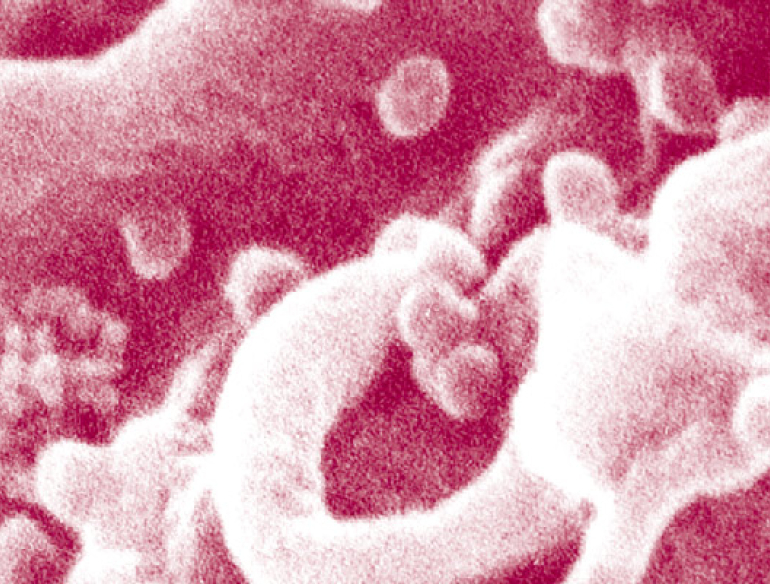HIV currently infects 37 million people worldwide. The care of patients with HIV-1 infection and access to treatment has been transformed by combined antiretroviral therapy (ART), changing a universally fatal infection into a chronic controllable infection. However, disruptions to ART are associated with rapid return of virus to pre-therapy levels. This virus rebound is due to reactivation of latently-infected cells of the HIV latent reservoir, which is not impacted by ART and represents a major barrier to achieving an HIV cure.
Our laboratory has developed short interfering (si) and matching short hairpin (sh) RNA that target highly conserved regions in the HIV-1 promoter, which is the universal controller of all HIV gene expression. Our aim is to silence HIV gene expression and thus virus replication, by inactivating the promoter using transcriptional gene silencing (TGS) to mimic the natural state of HIV latency.
We have identified two candidates, PromA and 143, that induce potent and prolonged silencing of HIV replication through transcriptional gene silencing of the HIV promoter. HIV-1 replication was suppressed up to 1000-fold from a single treatment of siRNA or shRNA delivered by lentivirus vectors, in both in vitro experiments using T cell lines, peripheral blood mononuclear cells (PBMCs) and monocyte-derived macrophages, and in vivo experiments in a mouse model transfused with PBMCs.
We have performed extensive characterisation of the mechanism of gene silencing generating the suppressive effect, which was confirmed to function via epigenetic silencing of the promoter. We have also investigated the potential for off-target effects and demonstrated no observable off-target effects. We are currently elucidating the mechanisms that control and initiate TGS in human cells using advanced live cell imaging techniques, as well as commencing in vivo mouse HIV-1 model studies to examine whether these siRNAs protect against virus infection in vivo.
The si/shRNA anti-HIV targets show great potential as a gene therapy for HIV treatment, with and without ART. We hope the in vivo study will provide promising pre-clinical data that support the progression into clinical trials.
- Professor Frank Caruso, University of Melbourne
- Professor Marc Pellegrini, Walter and Eliza Hall Institute of Medical Research (WEHI)
- Professor Suda Rao, University of Canberra
- Professor Geoff Symonds, Calimmune
- National Health and Medical Research Council (NHMRC) Project Grant

